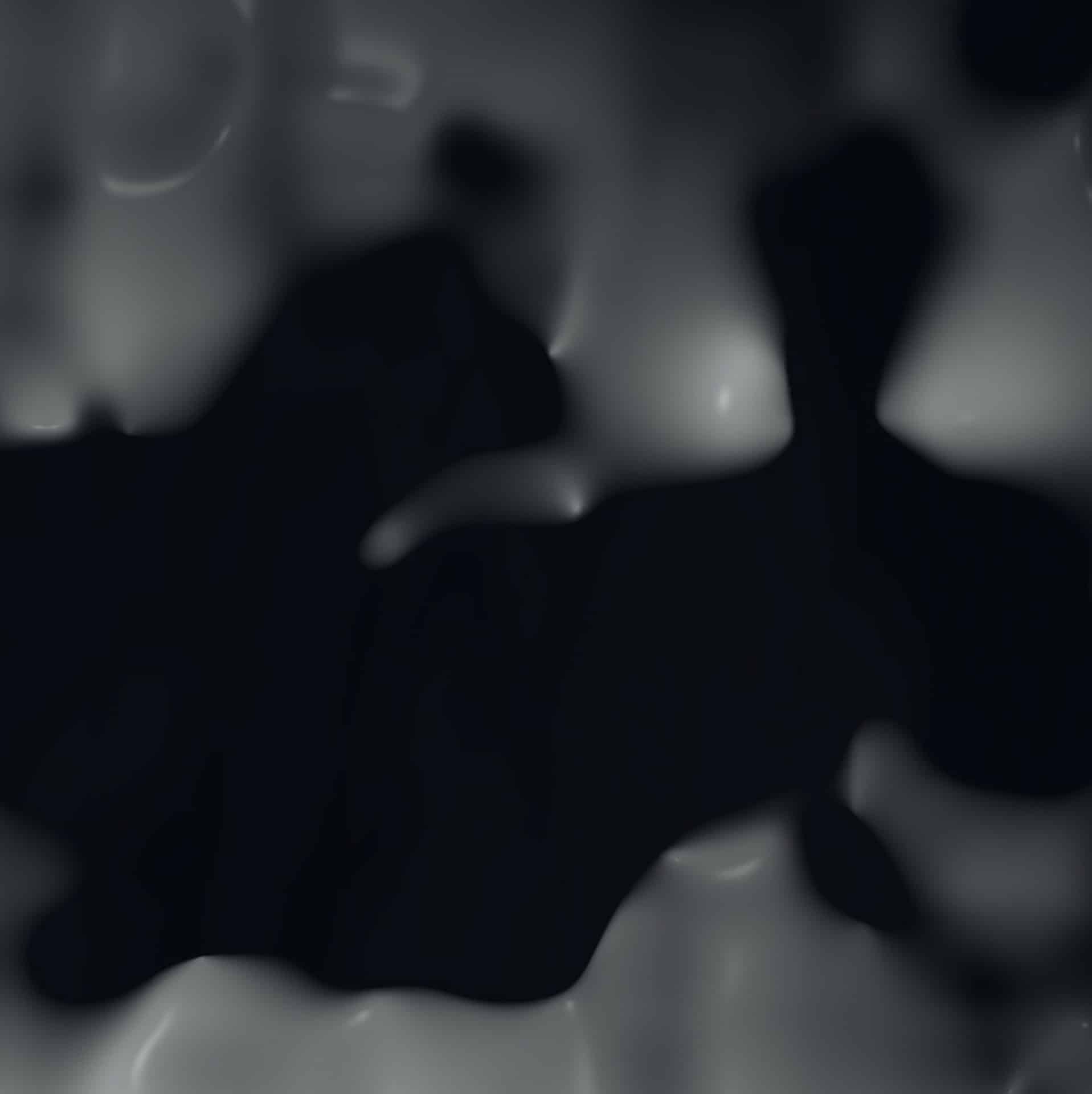Parapsychology continues to exist as a research area marginally recognised as legitimate, on the fringes of the academic world. In the UK, the first Chair of Parapsychology has been founded at Edinburgh on the money left by the late Arthur Koestler, but we should remember that a Chair in Phrenology was once established at Glasgow University.
In parapsychology there are, and have always been, those who are dedicated to faking. In one sense one must respect them more than those who merely capitalise on their dedicated dishonesty. In the latter category there are those who have not to my knowledge ever published any fraudulent results, because they have never claimed any ‘positive’ results at all. Instead they have pursued the more comfortable course of retaining their formal integrity whilst celebrating the outrageous miracles of those like Eusapia Palladino who may have done their cheating for them.
These respectable, and some might say cunning, celebrants of other people’s cheating are not saints and martyrs; they have determined on a course wherein they have their cake and eat it. No one can accuse them of being cheats and liars: at worst they can be publicly accused of being naive, trusting souls, but perhaps their naivete is more apparent than real. But the saints of parapsychology have sacrificed much so that others may exploit their sacrifice. They have laid upon the altar their own personal integrity.


